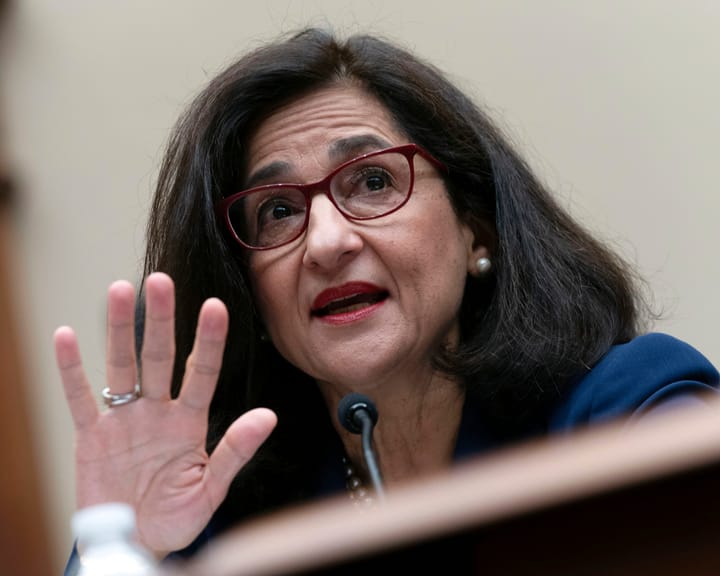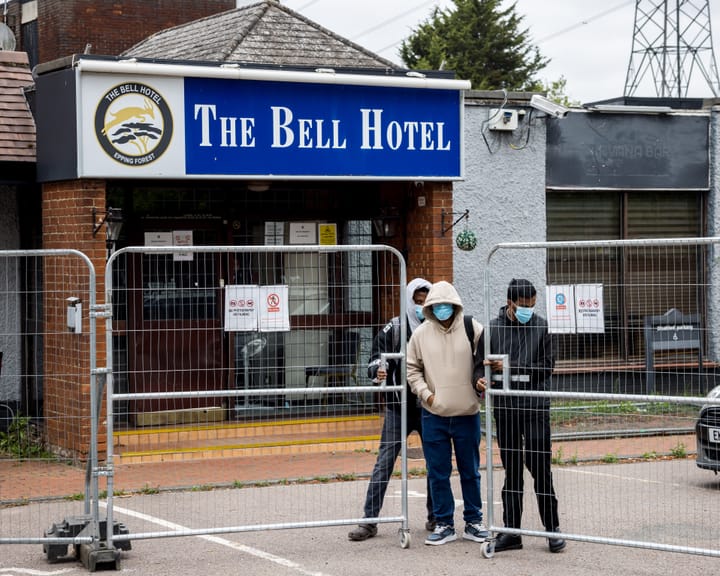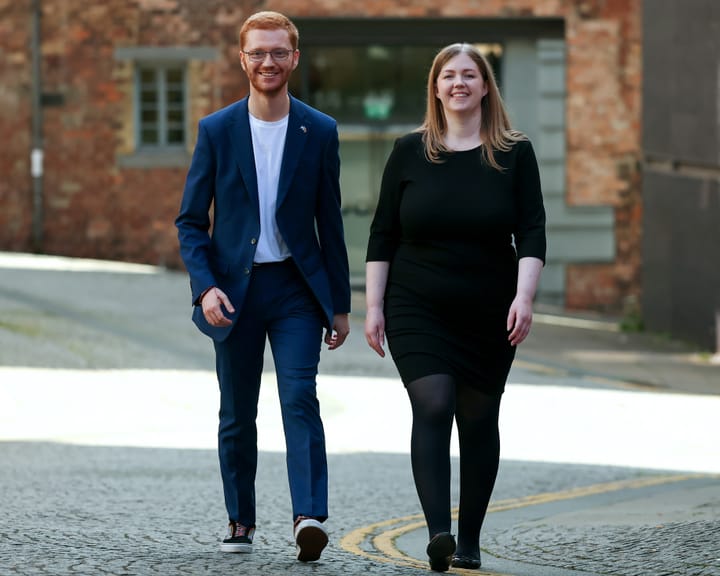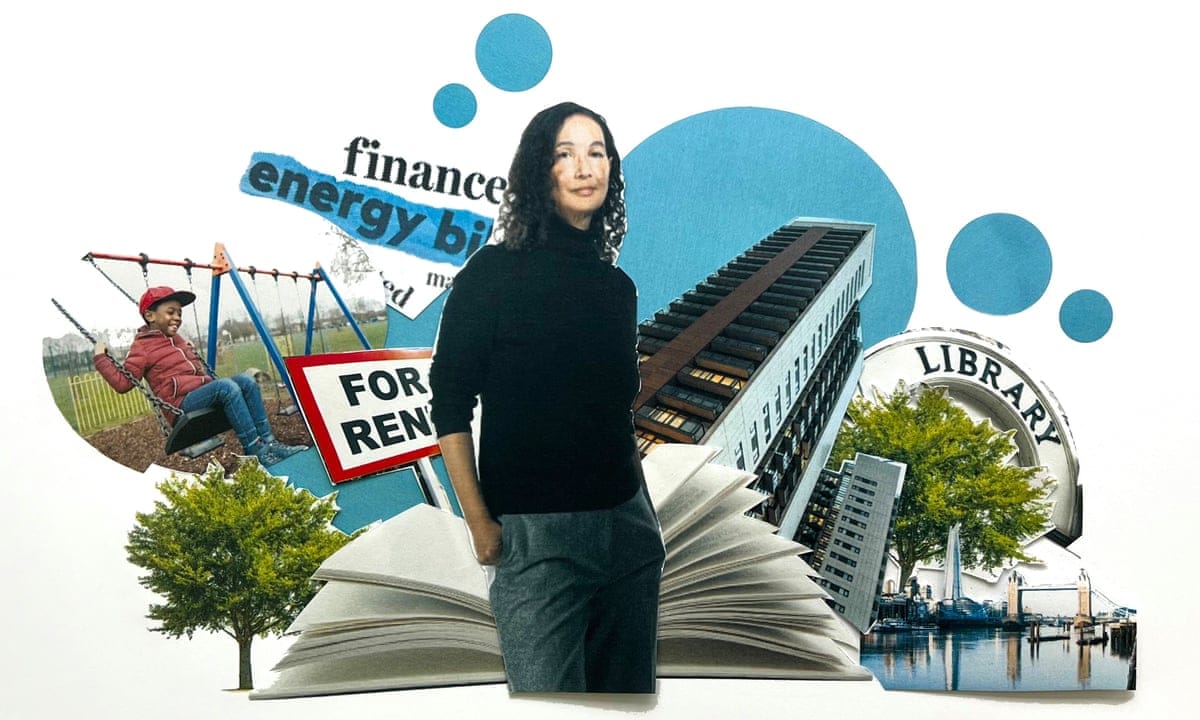As Labour assumes control after a 14-year hiatus, The Guardian solicited insights from three writers detailing transformations within their hometowns under Conservative rule—and contemplating the obstacles confronting Keir Starmer. In this contribution, Jacqueline Crooks reflects on London's metamorphosis since her youth in Southall during the '60s and 70s.
Having relocated with my mother to Camberwell after leaving Jamaica as a child, I am an author and founder of a consultancy assisting community entities throughout London. My experiences involve engaging with those impacted by societal shifts within the metropolis.
In 2010, when serving as CEO for a charity in Westminster, most beneficiaries were caught amidst temporary housing arrangements: cramped hotel rooms or substandard flats. Despite my position at that time, I too confronted homelessness later in life after personal setbacks and financial burdens led to renting an unconventional home as a property guardian within what was once an elderly care facility, which had now become scarcely occupied.
Now residing with my spouse as a novelist, the housing crisis has only intensified over the preceding 14 years. The issue transcends vulnerable families; many friends have migrated away due to escalating property costs, reflecting a wider migration trend. I reminisce about those children who once depended on my former charity's assistance—many of whom would now be adults navigating the altered landscape.
A significant change in this city, which has been my residence for six decades, is the evolution of my social connections. My various roles and relocations throughout the boroughs have exposed me to a pervasive sense of solitude amidst the bustling cultural institutions and exclusive establishments that others may not afford access to.
During my tenure at the charity, loneliness was the predominant concern for families, surpassing financial hardship—a sentiment echoed by our regular social gatherings providing a semblance of community interaction on weekly bases. However, isolation has been magnified during the pandemic, an issue I've sought to mitigate through literary engagements and events aimed at marginalized groups.
Recently, there seems to be an upsurge in utilizing London's green spaces as communal areas—my local park being a prime example. Nevertheless, safety concerns persist; incidents of assault have dampened the sense of security for women during daylight and nighttime hours on previously tranquil grounds.
enas
Read next

"Starmer appoints ex-Bank deputy governor as top economic advisor"
Minouche Shafik to Become Keir Starmer’s Chief Economic Adviser
Former Bank of England deputy governor Minouche Shafik is expected to join Keir Starmer’s team as his chief economic adviser.
Her appointment comes as the prime minister’s office prepares for the autumn budget, following Shafik’s recent leadership

"Home Office wins appeal allowing asylum seekers to stay at Epping hotel"
The appeals court has determined that the injunction issued by the high court should not have been approved.
Those involved acknowledge they have become part of a broader discussion about how asylum seekers are managed and urge the public to recognize that the Bell hotel was only fulfilling a government-mandated

"Scottish Greens' new leaders push for universal income and free bus fares"
Scottish Greens' new leaders, Ross Greer and Gillian Mackay, have pledged to advocate for a universal income, free bus travel, and increased taxes on high earners following a subdued leadership race.
Greer and Mackay, previously backbench MSPs at Holyrood, were elected co-conveners of the Scottish Greens with a notably

